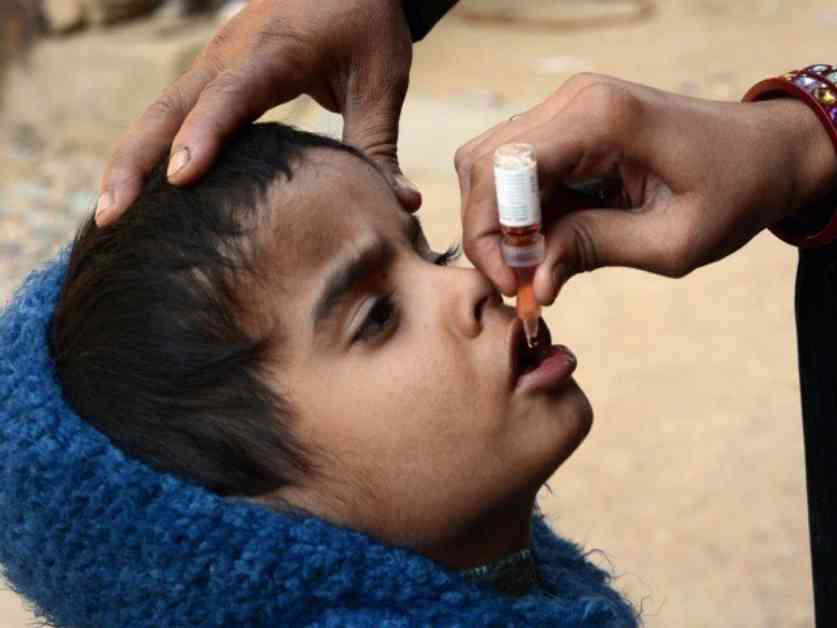Uncovering Police Brutality: A New Case Emerges
In a shocking turn of events, a case of police brutality has come to light in Haripur, following a similar incident in Peshawar. The incident involves a senior police officer who allegedly assaulted a clerk at a filling station for refusing service to his son.
The report submitted to the district police officer’s (DPO) office revealed that additional SHO SI Muhammad Nawaz’s son visited a filling station in the Batrassi area of Haripur to refuel his motorbike. However, due to not wearing a face mask or helmet, the clerk on duty declined to serve him in accordance with a district police campaign.
In response, additional SHO Nawaz and his driver arrived at the fuel station and proceeded to physically assault the workers. Shockingly, Nawaz’s driver also reportedly stole cash from the cashier before making a swift exit from the scene.
Following this disturbing incident, the filling station owner and workers sought help from the DPO, prompting him to take swift action. The DPO immediately suspended Nawaz and initiated an inquiry into the matter to ensure justice is served.
Moreover, the report uncovered that the additional SHO had a history of misconduct, having been previously implicated in framing an innocent man in a false case. Allegations of accepting bribes to dismiss the case further tarnished his reputation, raising serious concerns about his conduct as a law enforcement official.
The implications of such egregious behavior by those entrusted with upholding the law are deeply troubling and highlight the urgent need for accountability and transparency within the police force. As communities grapple with issues of police brutality, incidents like these underscore the importance of holding individuals in positions of power accountable for their actions.
The disturbing revelations in this case serve as a stark reminder of the challenges faced in addressing systemic issues of misconduct and abuse of power within law enforcement agencies. It is imperative that steps are taken to prevent such abuses and ensure that those responsible are held to account for their actions.









